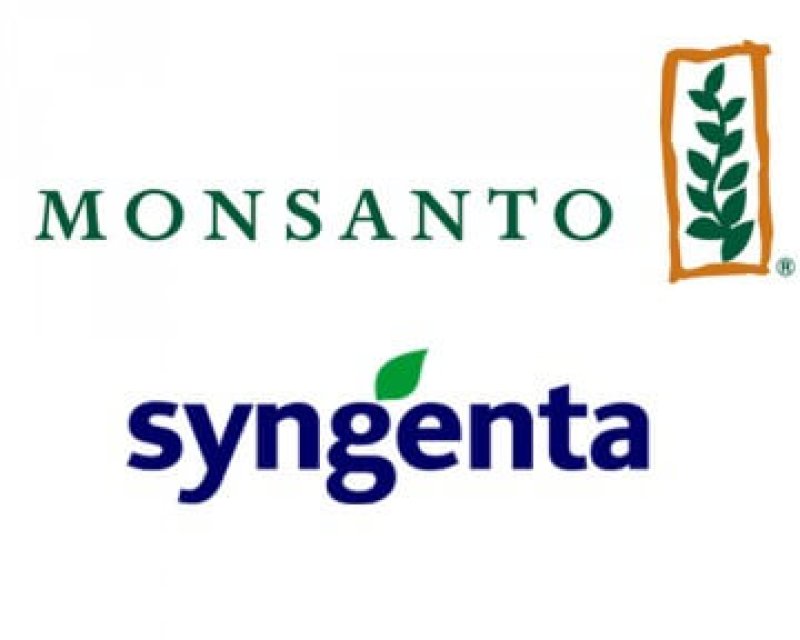Monsanto is best known for its famous (infamous, perhaps) Roundup weed-killing product. In addition to agricultural products, Monsanto also sells genetically modified seeds, the most popular of which are corn and soybeans. These days, the company is in the news because of its attempts to woo rival Syngenta. While farmers continue to buy the company’s products, and we continue to eat the results, is this stock a good addition for your portfolio?
Monsanto has paid increasing dividends each years since 2000. Monsanto’s 15-year history of dividend increases shows the company is committed to returning earnings to shareholders. Is the company a dividend buy, or is Monsanto drawing too much ire from its genetically modified crops?
The ultimate purpose of Monsanto’s business model is to increase crop yields. If the company’s products do not increase crop yields for farmers, there is no point in buying the company’s seeds and herbicides.
Some Web sites claim that genetically modified seeds do not increase yields. Other, more compelling evidence disagrees — love them or hate them, genetically modified crops have higher yields.
Monsanto has generated nearly $15 billion in sales in the last 12 months. One wonders why farmers would spend a collective $15 billion on products that are costly but do not increase yields?
The company should appeal to investors looking for exposure to the agricultural industry. In the long run, crop yields must increase to feed the growing global population. Long-term investors in Monsanto will benefit from this trend.
The GLP aggregated and excerpted this blog/article to reflect the diversity of news, opinion and analysis. Read full, original post: Is Monsanto a Dividend Buy or a Poisonous Investment?































